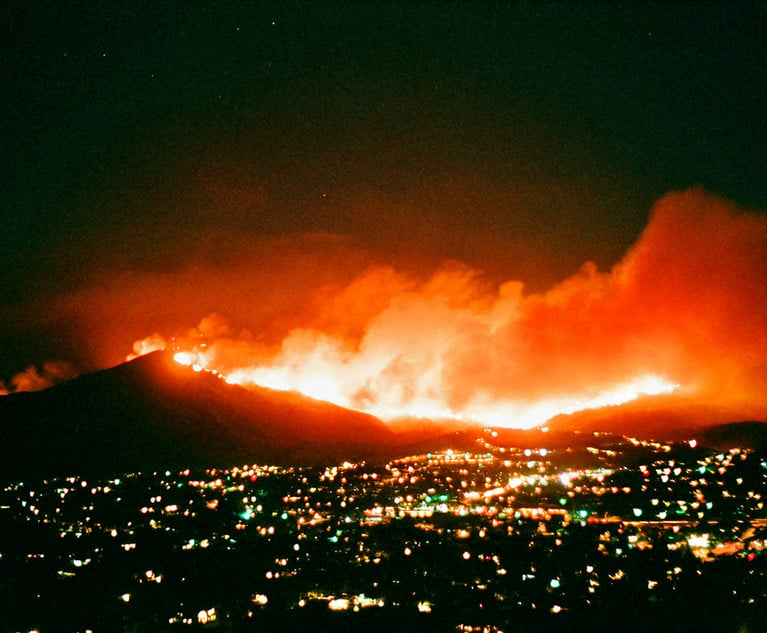By Tory Brownyard, president, The BrownyardGroup
|From a focus on school safety to growth in cybersecurity andremote monitoring, the security guard industry is changing–and soare the issues agents and brokers need to know when writing thisspecialized class of business.
|Here are six trends to watch in the security guard industry,along with their important insurance implications:
|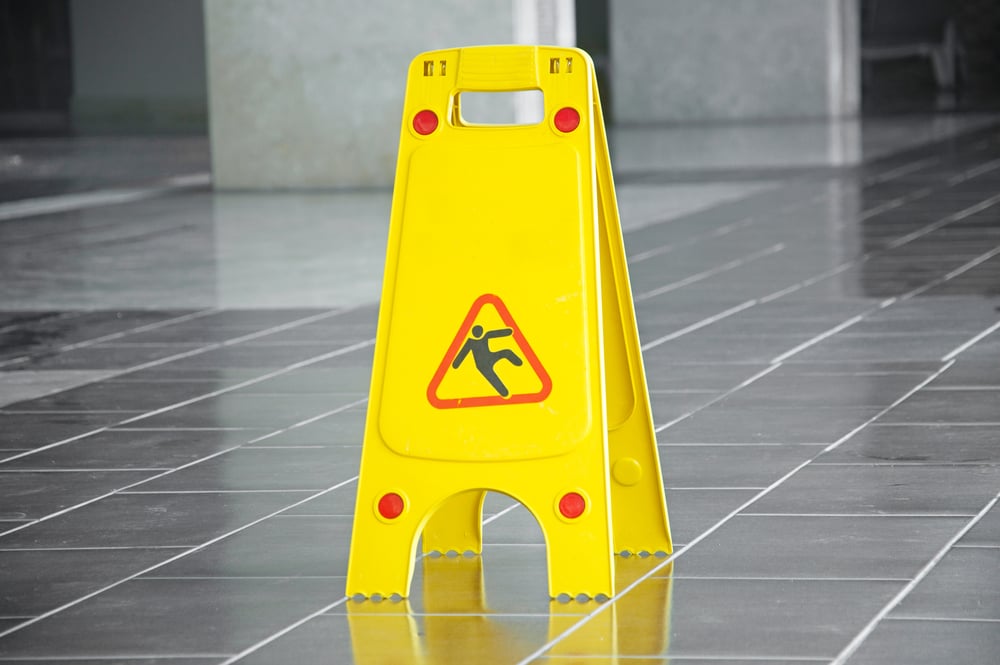
1. Expanded responsibilities. Security guardfirms are contracted to protect people and property in a widevariety of industries. Recently, more firms are being asked toprovide additional services outside of the security role. These mayinclude janitorial duties, executive chauffeur, handyman servicesor even valet services at hotels.
|Although the guard firm may see these added responsibilities asa way to increase revenue, they need to notify their agent orbroker because many liability policies carry endorsements thatcover only specified exposures associated with securityservices–not the additional responsibilities.
|For example, if someone slips on a wet floor cleaned by a guardfirm employee performing janitorial services, the firm could beheld liable for the accident. So make sure your clients are coveredfor any additional responsibilities they are taking on.
|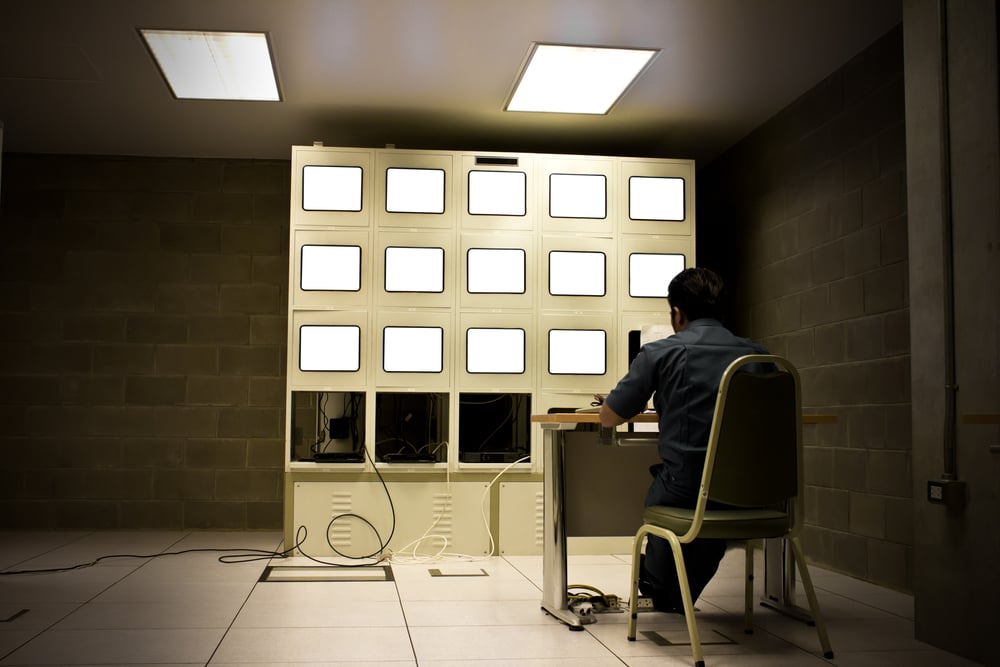
2. Remote video monitoring. Companies thatcontract security services are increasingly asking for remote videomonitoring in lieu of live security guards. While the cameras andother equipment require an upfront investment, these companiesbelieve remote monitoring is an effective way to reduce securitycosts over the long term.
|However, cameras cannot always see every nook and cranny the waya live guard can, so some crime may go undetected. As a result,contracts need to be worded with specific “hold harmless” or“liquidated damages” language related to the limitations of videocameras. Otherwise, the guard firm could be opening itself up toliability in the event a crime goes unseen by the camera.
|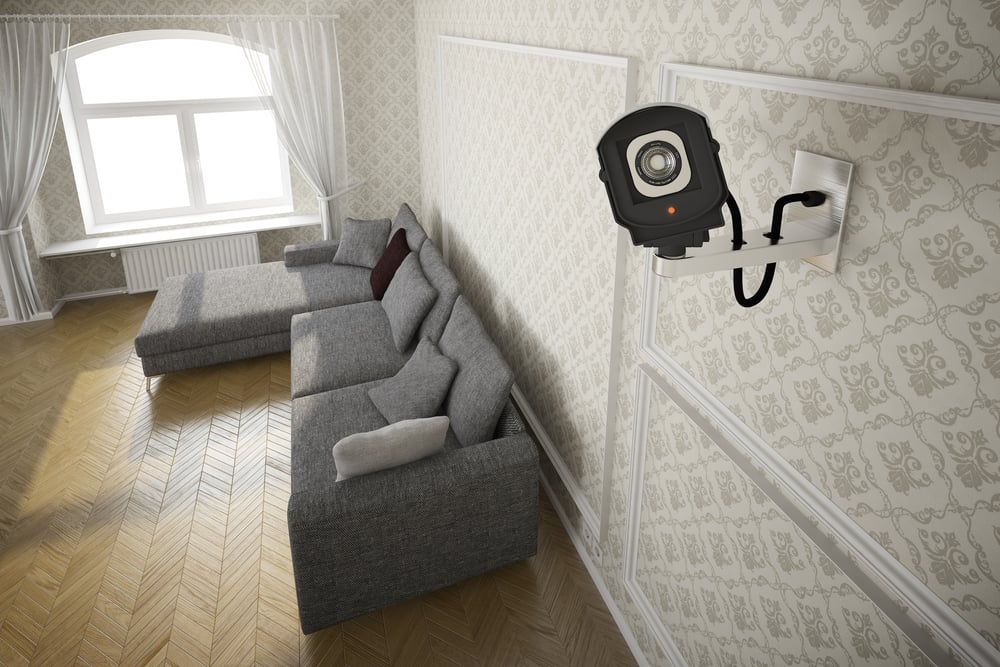
3. Increased specialization. Many securityguard firms once took on clients in a wide variety of industries.Today, however, as the security guard industry continues to grow,we're seeing more specialization in industries such asgovernment contracts, homeowners' associations, schools, retailenvironments and hotels, among others. Specialization gives firms away to set themselves apart from competitors who arejacks-of-all-trades.
|From an insurance standpoint, specialization is a very positivedevelopment. Specialists, especially those in lower- riskindustries like government contracts, can eliminate the risks ofworking in less desirable industries and provide their guards withthe type of industry specific training we recommend. The resultshould be insureds who are better risks.
|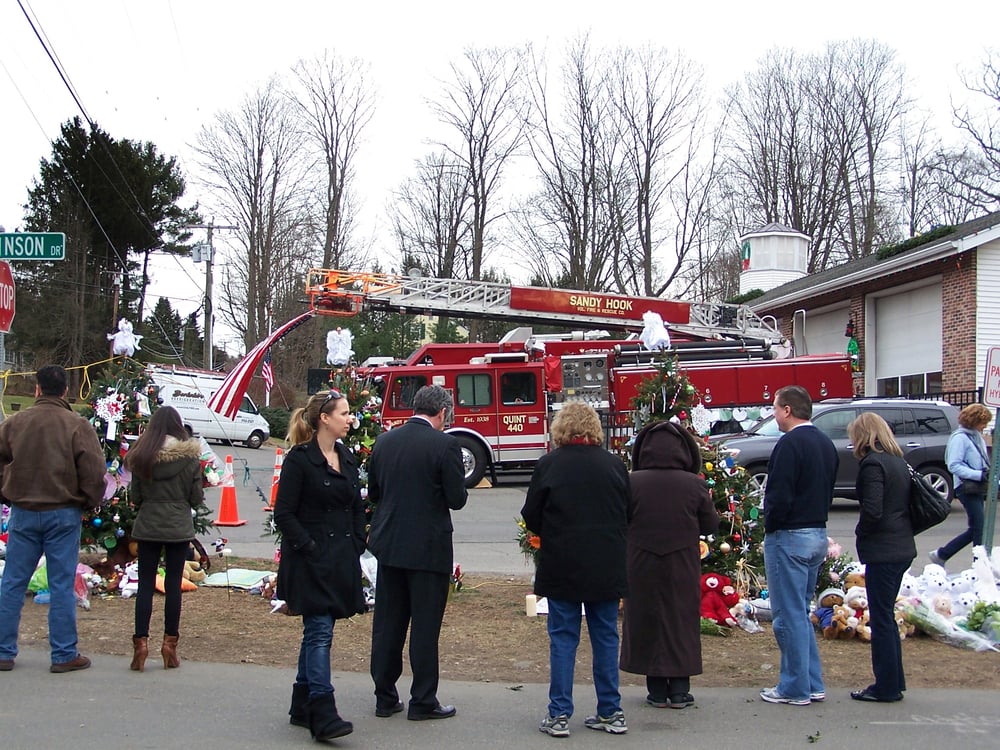
4. Growth in school security. Following theSandy Hook Elementary School shooting in 2012, school securityhas continued to grow as a specialized industry niche. Wheninsuring school security guard firms, it's important to determinerisks based on the type and location of the school, past crimeactivity and whether armed guards are used.
|Inner-city schools with armed guards and metal detectors willfind coverage tougher to come by and usually only available in theexcess & surplus lines market. In all cases, non-armed guardsare preferred risks, with a tremendous emphasis on training andpre-employment screening.
|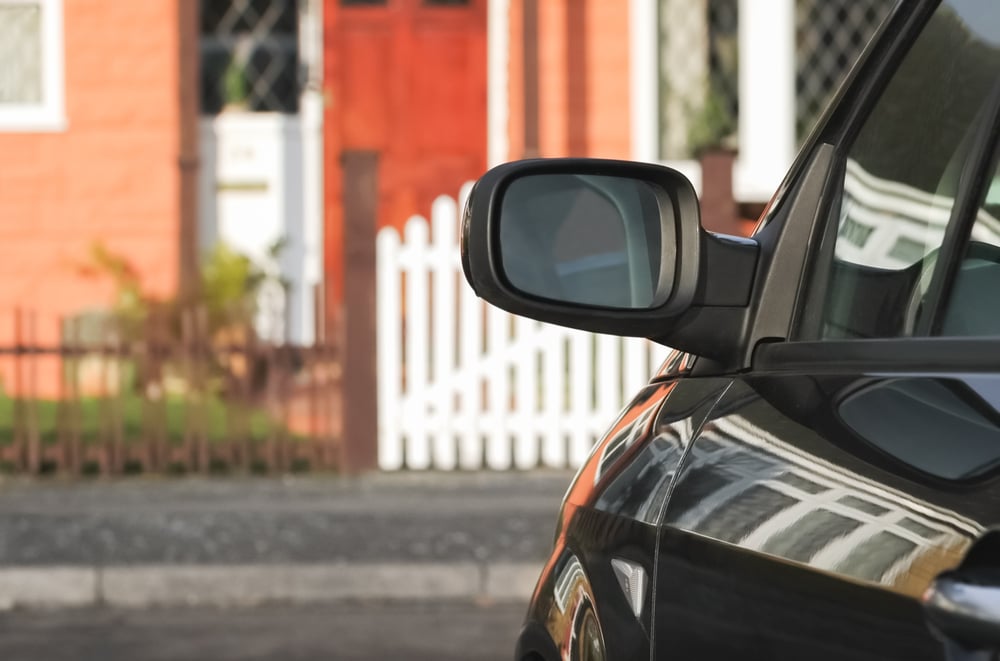
5. More private investigators and securityconsultants. After the wave of layoffs in the publicsector several years ago, many former law enforcement professionalsstarted their own private investigation or security consultingfirms. This trend has continued with many start-ups finding aspecialized niche such as forensic investigations or cybersecurity.For these firms, it's important to have tailored coverage thatmeets the needs of their specific niche.
|Cybersecurity is a perfect example. Cybercrime is an emergingrisk that is complex to understand and difficult to defend against.Agents and brokers need to work with insureds to make sure theirgeneral liability and professional liability coverage is tailoredjust for them. Off-the-shelf policies will not be adequate.
|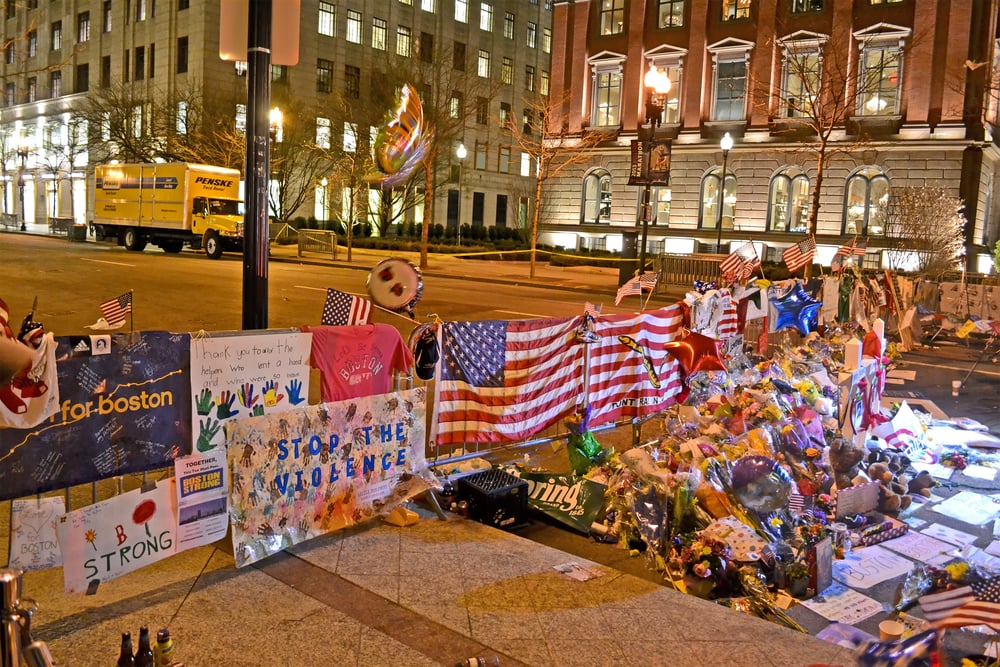
6. Knee-jerk reactions. Well-publicized andtragic acts of violence, from school shootings to the Boston Marathon bombing in 2013, often result in a call foraction to prevent and combat future attacks. Oftentimes, thesecalls are to increase security, especially by adding armedguards.
|As security guard firms move to fill these needs, agents andbrokers should proceed with caution and explain the insuranceimplications carefully. By staying focused on established riskprofiles and underwriting guidelines, agents and brokers can bestserve your security guard clients and ensure the protectors stayprotected.
|Want to continue reading?
Become a Free PropertyCasualty360 Digital Reader
Your access to unlimited PropertyCasualty360 content isn’t changing.
Once you are an ALM digital member, you’ll receive:
- All PropertyCasualty360.com news coverage, best practices, and in-depth analysis.
- Educational webcasts, resources from industry leaders, and informative newsletters.
- Other award-winning websites including BenefitsPRO.com and ThinkAdvisor.com.
Already have an account? Sign In
© 2024 ALM Global, LLC, All Rights Reserved. Request academic re-use from www.copyright.com. All other uses, submit a request to [email protected]. For more information visit Asset & Logo Licensing.




